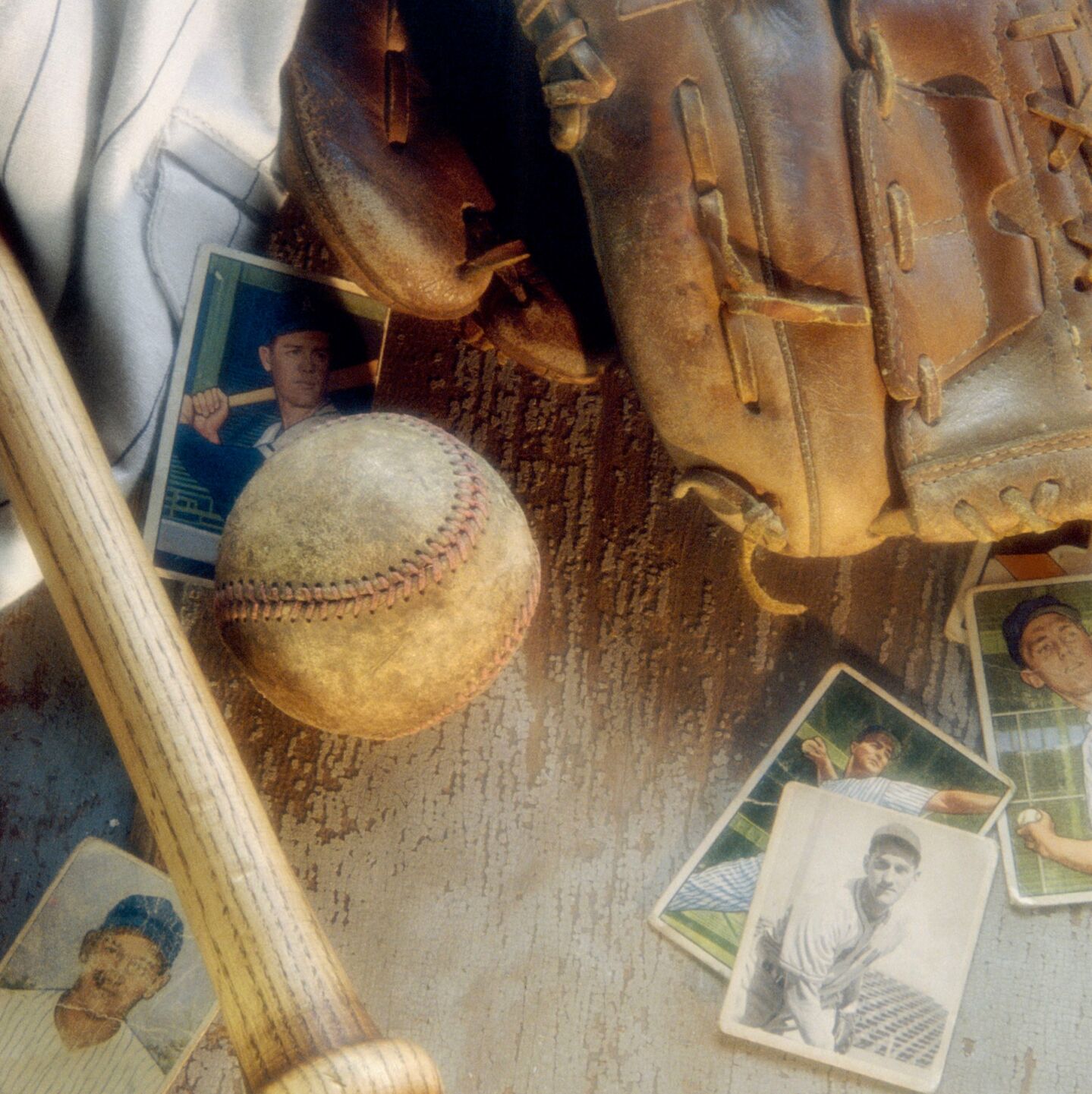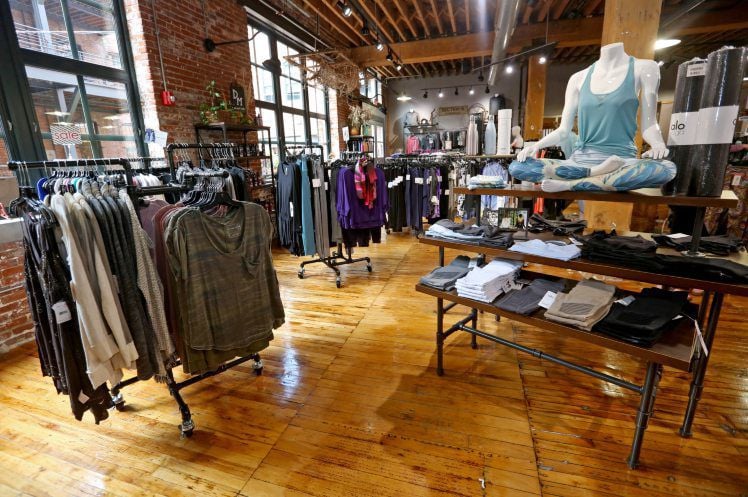It’s time to hit the garage, basement, attic and closets for that age-old task of spring cleaning.
Before hauling unwanted possessions to the curb, you might be surprised to learn they might be valuable — especially if you have sports cards and memorabilia gathering dust.
With prices of sports cards rising in recent years, take time to determine if yours are valuable and how to best sell them.
“Older sports cards and memorabilia aren’t just highly collectible; they can be worth lots of money. Recent sales of scarce vintage cards have topped anywhere from thousands of dollars to tens of thousands, even hundreds of thousands. And really rare cards can go higher,” said Al Crisafulli, auction director at Love of the Game Auctions, an internet sports auction house that helps families identify and sell valuable items.
Crisafulli has assisted people in selling such keepsakes as a grandparent’s autograph collection and an uncle’s childhood baseball cards, for tens of thousands of dollars. In one life-changing event, he helped a family determine that a baseball bat that spent decades protecting their home was used by Hall of Famer Lou Gehrig — and Love of the Game Auctions sold it for almost half a million dollars. Today, that bat could bring more than a million dollars.
The key is understanding what makes old sports collectibles valuable. To help, Crisafulli is sharing some tips:
Older usually is pricier
Cards from the 1960s and earlier are collectible, and those from before the 1940s can be worth a lot of money, especially those depicting stars.
Do you have cards of Hall of Famers, such as Mickey Mantle, Babe Ruth, Honus Wagner or Ty Cobb? Even non-stars from the early days of a sport can be worth big bucks, especially if the cards have no creases and retain sharp corners and original gloss.
If you have very old cards from the 1880s through the 1930s, look for tobacco, gum and candy brands, such as Old Judge, Piedmont, Sweet Caporal, Goudey or American Caramel.
If you want to sell sports items for the most money, consider a specialty auction that has the expertise to properly research sports ephemera and maintains bidder lists of collectors specializing in sports.
Postcards and photographs
We all have keepsakes of vacation destinations, but most aren’t valuable. However, photographs and postcards depicting sports stars and ballparks can be significant. Look for early “real photo” postcards from the 1900s through the 1940s, which are photographs printed on postcard backs.
As with sports cards, star power matters, so preserve those Babe Ruths as opposed to images of your great grandma’s baby cousin once-removed. And when it comes to photos, look for old markings on the back, such as photographer, publication and date stamps.
Memorabilia
Set aside old advertising posters depicting sports stars and food, tobacco or sporting goods brands. Ads from magazines aren’t valuable, but those used as store displays and for other marketing purposes can be pricey. Tin signs from the 1960s and earlier can be highly prized, but reproductions aren’t.
Your family’s sporting goods, such as balls, gloves and bats, can be valuable. Pre-1950s uniforms and catcher’s masks, helmets and other equipment are highly collected, especially when endorsed by star players. Top condition brings the highest prices, but even used equipment can be valuable.
“The golden rule is the older the sports card or item, the more valuable it usually is. Pre-1975 pieces start to get interesting and are worth researching,” Crisafulli said.
Don’t just clean out your “junk” this spring. Examine it closely to potentially maximize its value.













